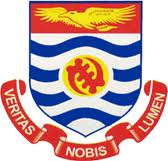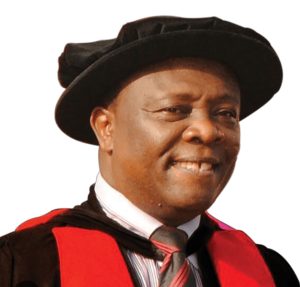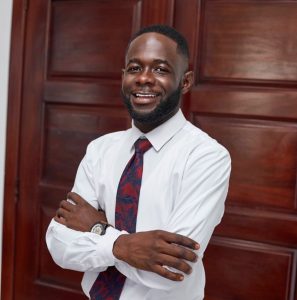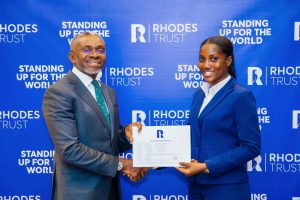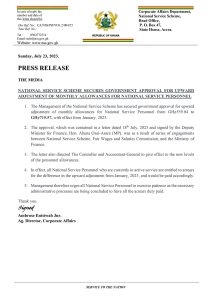
The summer school is being organized by the School of Graduate Studies and Research of the University of Cape Coast in collaboration with the International Center for Development and Decent Work (ICDD) of the Unikassel Versität of Germany.
It is being attended by 43 people made up of Graduate and Post Doctorate students from Africa, Europe and other parts of the globe.
Prof. Kofi Awusabo Asare, the Director of the Academic Planning and Quality Assurance Directorate of the University of Cape Coast and a planning committee member for the summer school, speaking at the launch, explained that the focus of the summer school is on qualitative research because there was the need for it to complement quantitative research in order to find the exact answers to problems confronting humanity.
“This workshop is devoted to qualitative technique, and it is important to bring out that issue because there is the need to explain some of the answers that quantitative techniques cannot answer; what has been known as the two ‘Ws’ and an ‘H’. That is; what are responsible for what happened, why has that happened, and how they are playing out? Things that you cannot get from quantitative research” he said.
He added: “and therefore in coming out with issues about social protection it became appropriate that the content should be blended with the methods because at the end of the day, we should be able to explain why things are what they are, and how they have come about, and what can be done”
The Vice Chancellor of the University of Cape Coast, Prof. Domwini Dabiri Kuupole, who was the Special Guest for the occassion, said UCC has been at the forefront of the search for knowledge in both Ghana and beyond, saying it has helped the school to explore research opportunities for both local and offshore usage.
He explained that qualitative research is important for a change in perception about the informal sector which employs majority of people in developing countries.
“The informal sector serves as a source of employment for majority of people in developing countries such as ours. Regrettably, it is regarded as a non-productive part of the economy; and for people who hold such a perception, research, especially qualitative research should be a key to a change of perception”, said Prof. Kuupole.
Some of the topics being discussed at the summer school include recent efforts at providing social protection in southern-Sahara Africa, the political economy of providing social protection, a gender-sensitive perspective in policy analysis, development in policy analysis and the interpretive perspective, and applying interpretative policy analysis.
Others include; a new global consensus-the potential of R.202 to inform national policies, government’s efforts to extend social protection, trade union policies and strategies in Ghana to extend social protection, ethnographic methods and participatory action research in the informal economy, ILO and social protection convention, and data inputting/software application.
Facilitators at the International Summer School were drawn from a variety of fields mainly from the Social Sciences. They include Prof. Lawrence Owusu-Ansah, Dr. Akua Britwum, Prof. Kofi Awusabo-Asare, and Dr. Akwasi Kumi-Kyereme from UCC, Prof. Christoph Scherrer, Dr. Frank Hoffer, and Prof. Katherine Braum from the ICDD in Germany.
The others are Prof. Edward Webster from South Africa, and Dr. Yaw Baah, the Deputy Secretary-General of Ghana TUC.
The programme is being sponsored by the Volkswagen Stiftung Foundation of Germany, with support from UCC and Unikassel Versität of Germany.
Source: Atlfmonline
